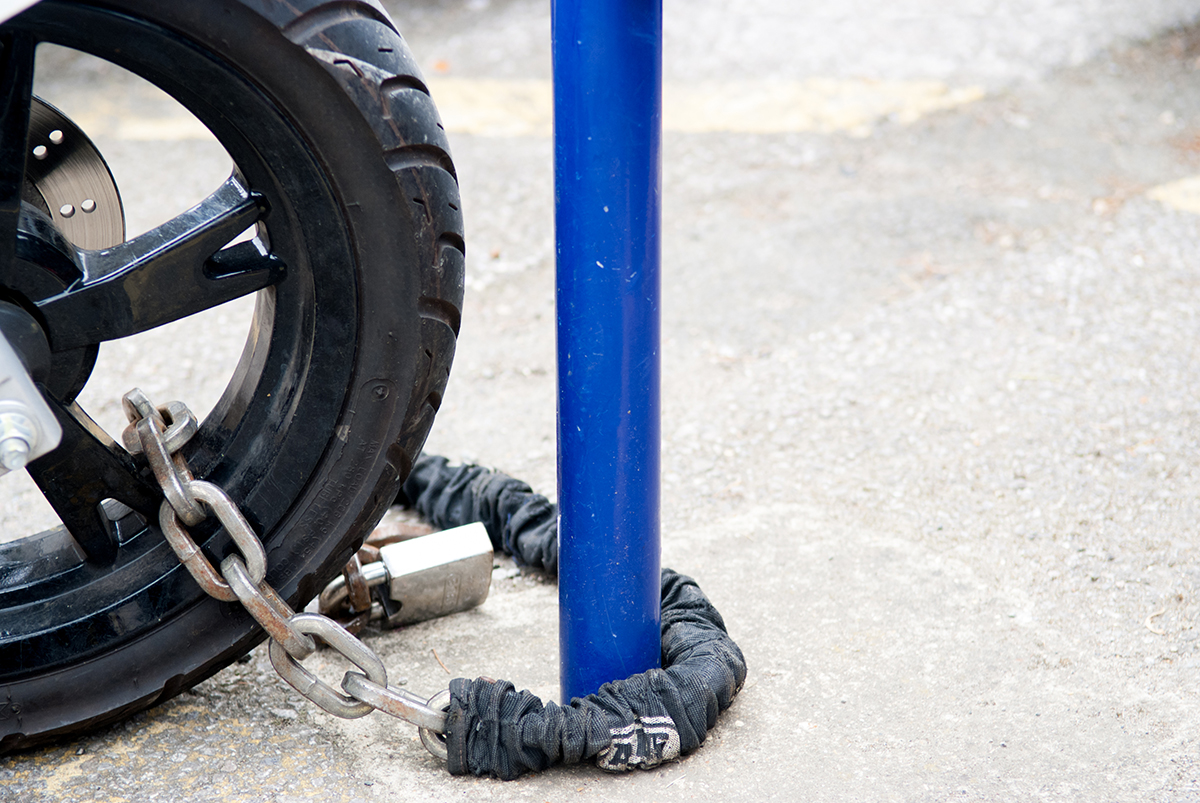For any active duty family, deployment is an especially stressful time. Even before the departure date, work-up schedules and other commitments can begin to take their toll, and overall anxiousness and worry continue to build.
During these periods, the importance of good communication and simply being on the same page becomes evident in keeping couples connected and ensuring a sense of well-being, even in the toughest moments.
Beyond taking the personal time to connect and enjoy plenty of family time before your loved one leaves, it’s also a time to focus on ways you can help make your time apart pass as smoothly and stress-free as possible.
Life doesn’t stop just because your partner isn’t there, and so you can be relatively sure you’ll face some sorts of challenges while they’re away. In those moments, it’s important to remember that you’re never on your own, even when it feels like it. Your social network–especially other military families–can help with perspective.
And as in most things in life, a little preparedness can go a long way to making the military deployment process a little easier for everyone.
Here are a few steps you and your partner can take to make sure your family is prepared for the time they’re away.
Make sure your home is safe and maintained
The most obvious step is simple: Be prepared. In the weeks before your loved one ships out you should start making sure everything in your house–and your household–are ready in case of emergency. This begins with a few simple safety checks:
- Fire and Carbon Monoxide Alarms: The first indication of a potentially critical event in your home are the alarms. Make sure you have them installed on every level and in every bedroom, as well as high-risk areas like the garage, laundry room, and heat sources. And–most important–take the opportunity to change or recharge the batteries.
- Gas: When you move around a lot, some home basics can get lost in the shuffle. Make sure everyone knows where the gas shutoff is located and take the opportunity to check for leaks.
- Repairs: Things will always pop up around the home, but one thing you don’t want to happen is for that water heater you’ve been putting off replacing to burst and flood the house while you’re the only one around to deal with it. So if you know there are things on your home’s maintenance list, best to check off as much as you can beforehand.
Have a plan in place for your network to step in
Perhaps the most important preparation you and your military partner can take is to make sure your estate is in order. These situations aren’t always easy to think about or discuss, but a little work and some maybe uncomfortable discussions can make a huge difference.
A couple of key documents you’ll want to prepare are:
- Advanced Directive and Power of Attorney: In most instances your spouse or partner are likely the ones who would make decisions about your wellbeing in the event of a tragedy. But if they’re not available, who in your network will be designated to handle things until your loved one can return from deployment?
- Standby Guardianship Designation: In a worst-case scenario while your loved one is away, you want to know someone you trust can take care of your children in the interim. While a verbal arrangement is always better than nothing, the most secure way to ensure your kids’ wellbeing and avoid any complications with custody (even temporary) is to have it in a written, notarized document.
In addition to having a plan in place for the worst-case scenarios, remember to plan for the simple things, like who can pick up and watch the kids if you’re stuck in traffic or need to travel for work.
Rescu relays your emergency in real time
So what do you do if a true emergency does happen? The Rescu emergency app makes it easy to send for an ambulance or other service.
Even more important for those families dealing with the stress of deployment and other military service obligations, Rescu immediately sends an SMS text message to your loved one– or anyone else in their unit who might be able to relay the message–anywhere in the world.
That means with just a few taps, you can dispatch emergency services and notify your deployed family so they can respond appropriately.
This kind of instant communication can prove invaluable, especially if you’re incapacitated in anyway and can’t initiate contact.
Without Rescu, the most common way to communicate an emergency to deployed loved ones is through the Red Cross. While providing a crucial service–especially in the event of family emergencies like critically ill parents and the like–it isn’t designed to communicate an emergency in the moment.
It also requires you to provide considerable amounts of information that someone who’s calling on your behalf may not have, including:
- Rank/rating
- Branch of service
- Social security or Date of Birth
- Military unit address
- Information about the deployed unit and home base unit
But when time is of the essence, you want to make sure your emergency plan includes as much real-time communication as possible. Knowing any call for services you make will automatically trigger a notification to your contacts near and far adds needed peace-of-minded to your emergency planning, for those times your partner is deployed, and even when they’re not.
And peace-of-mind is what emergency planning is all about.
Learn more about the life-saving Rescu app, available for iOS and Android.



